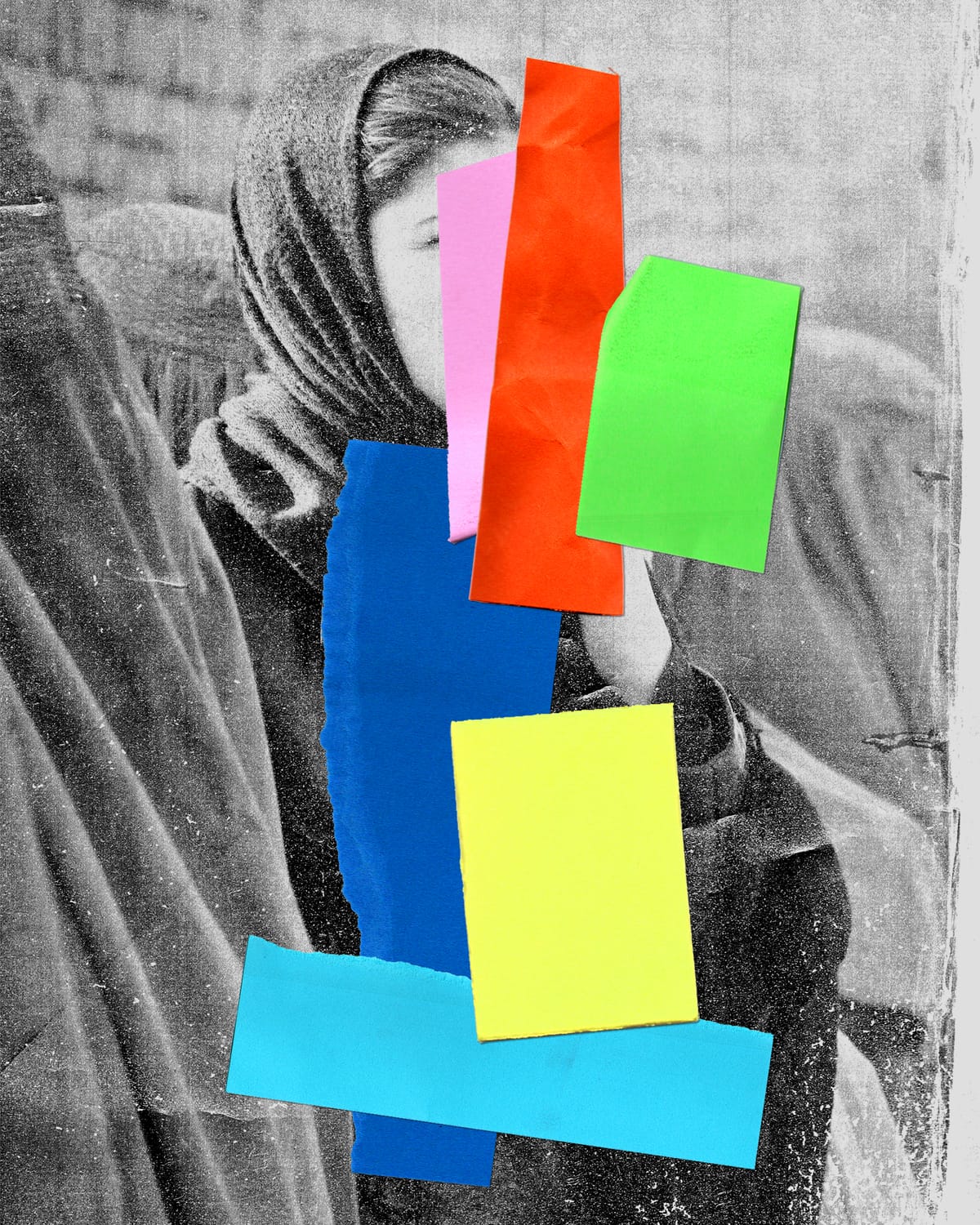When Dreams Are Put On Hold
In Afghanistan, women's blocked opportunities to have a career, contribute to society and earn a living are creating a mental health crisis.

From a young age, Khalida* had a knack for finance and numbers. Her mother often turned to her for advice on managing the family budget. Khalida's passion grew into an ambition to study economics.
For three years, Khalida prepared for the Kankor, Afghanistan’s national university entrance exam which thousands of students across the country sit every year. She skipped family events, weddings and parties. “I practically cut myself off from society to focus on study,” she told The Persistent.
The hard work paid off, and Khalida enrolled at a top Afghan university in the economics department. She was thrilled; she was finally on her way to building the life she wanted. “I had dreamed of following a career in banking,” she shared.
But the dream wasn’t to be.
Three semesters into her course, and a year and half after the Taliban took power in Afghanistan in August 2021, women were barred from attending universities. The decree was released on Dec. 21, 2022. Many women, including Khalida, showed up for class the next day, but were turned away at the university gates.
At just 22-years old, Khalida felt her life was over.
“All those long nights poring over books…I didn’t think that one day it could all be taken away from me. I was shocked and depressed,” she recalled.
‘Shocked and Depressed’
For a long time, Khalida held on to hope that perhaps, just maybe, the Taliban might change course, and the university would reopen its doors to her. But last year, she watched her male classmates graduate and it was so painful. “The earth didn’t have room for me, when I saw their photos on social media,” she said, quoting an Afghan saying:
“Zamin barayee man jay nadashat.”
Relief—if one may call it that—came in an unexpected way. In Feb. 2024, faced with a severe shortage of female nurses, the Taliban’s public health officials convinced leadership to permit a small number of women to train as nurses and midwives.
Within days of the decision, tens of thousands of women applied to study nursing and midwifery at private institutes across the country; the deluge of applications less a reflection of countless aspiring nurses than a reflection of smart, ambitious Afghan women looking for a way—almost any way—to have a professional career, earn a living and contribute to society.
Khalida was among them. Like many others, she applied as a way to continue her education, and do something meaningful with her life after all other avenues had been blocked.
“Truth be told … I had no aptitude or interest in medicine,” she admitted. But after studying it for a year, it grew on her. It even brought her joy.
And that’s what made the next blow so very devastating. Almost as quickly as the Taliban opened up the opportunity for women, it shut it back down.
In December 2024, the Taliban announced a ban on women enrolling in nursing and midwifery institutes. “Just as the universities closed and did not open again, I think the nursing institutes will not be opened either,” Khalida said. She had been in her fourth semester.






